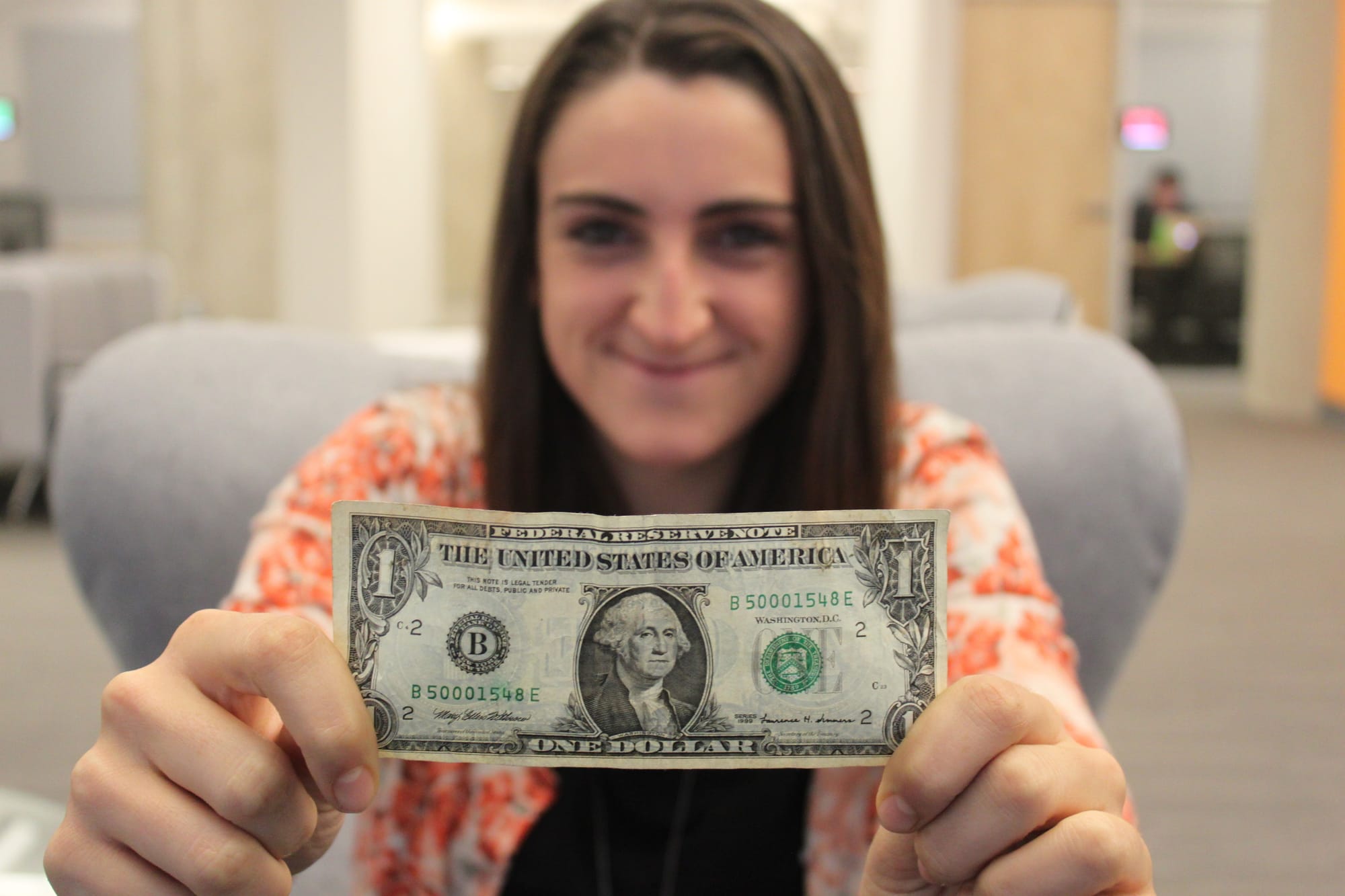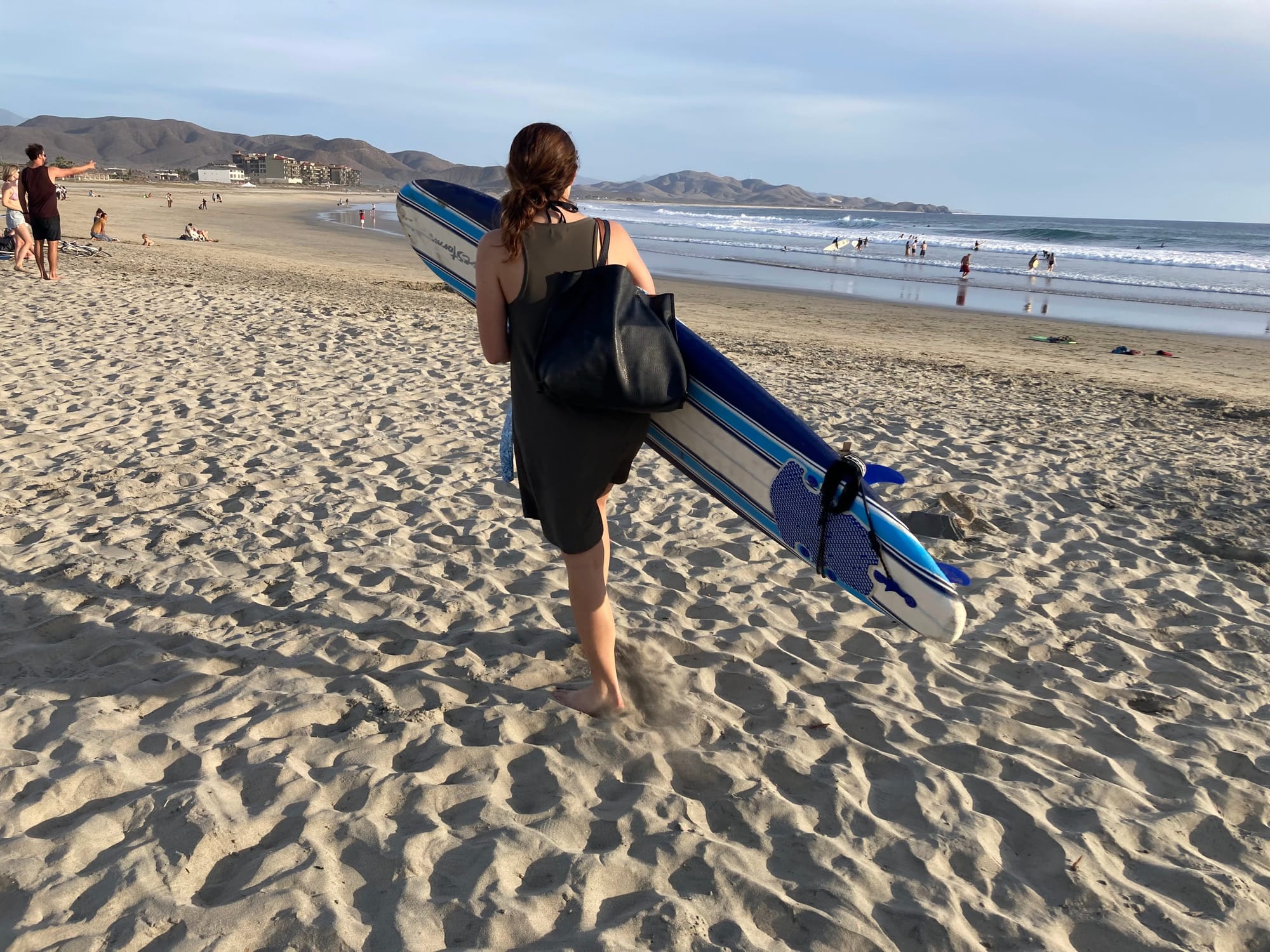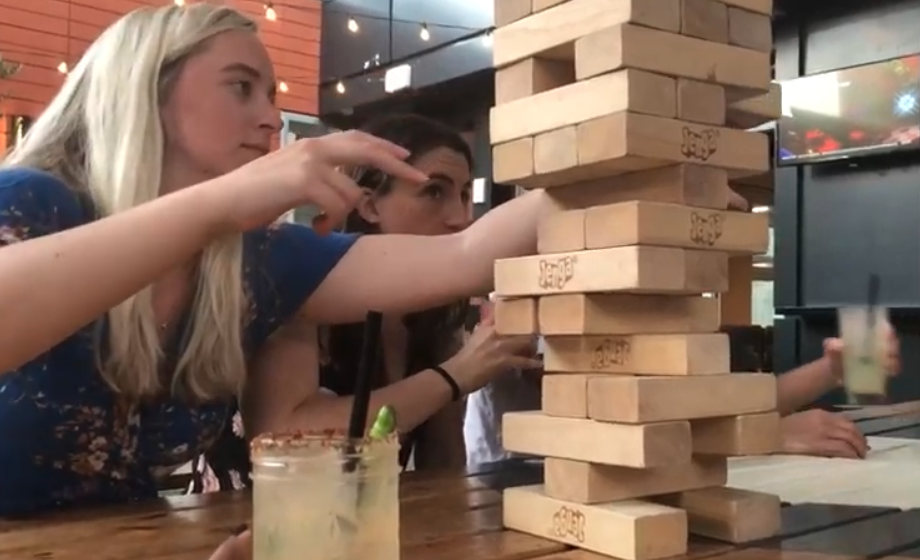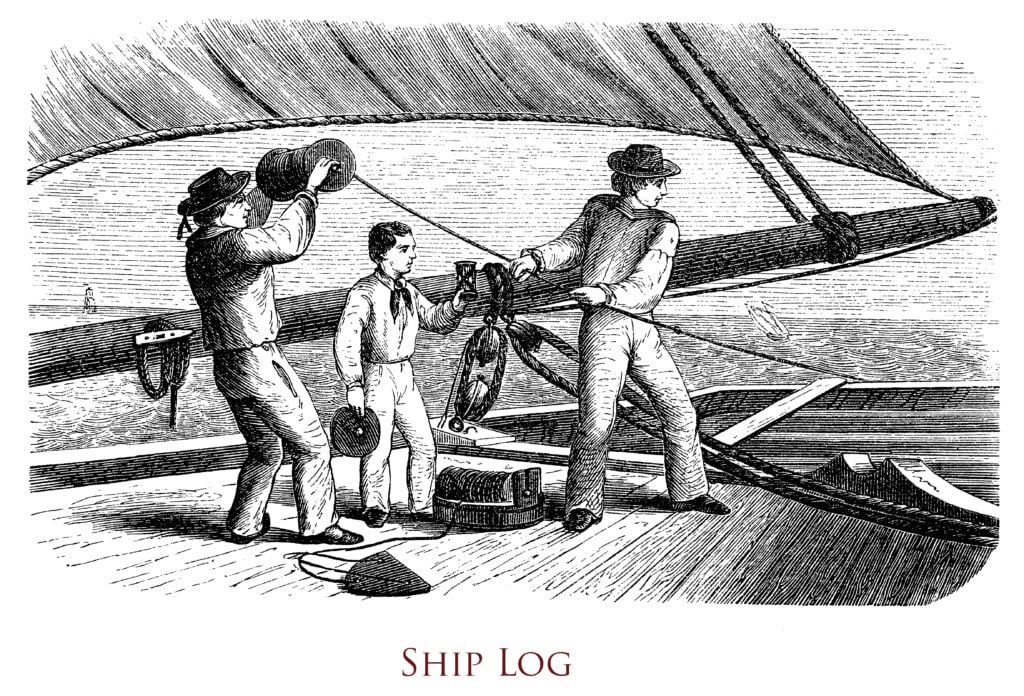Many people have said that starting Kapwing was a risky thing to do. After all, I left Google, one of the world’s most famously great companies, and gave up a high-paying job I adored to make $0 and pay rent from my savings.
Objectively, this is true. The spreadsheet calculation would show massive opportunity cost and low expected value of entrepreneurship. But subjectively, I didn’t feel afraid. I felt confident and knew that the worst case was not that bad. A colleague told me before I left Google that I could call him “on a Friday and have my job back on Monday.” Regardless on if that is true, it left me feeling reassured.
For some, money is safety. I’ve learned this from getting to know my fiance, who feels much better when he’s accounted for every dollar and has a strict financial plan.
I’m different than him. For me, money is freedom. It’s the ability not to care about my bank account. This week, I bought a $490 ticket to change my flight by 24 hours, all so I could make an optional dinner with a mentor in San Francisco, where I live. The risk that I would miss a moment and regret it later outweighed the financial cost.

Things I’m Scared Of
This month, I got my ears pierced. This felt like the riskiest thing I’d ever done. While sitting in the chair as the piercing professional cleaned his instruments, I felt terrified, my stomach churning with worry.
What if they got infected and looked terrible for my wedding day? What if I couldn’t sleep with the earrings in? What if I got sick of my starter earrings but was stuck with them for months?
Even admitting this feels silly. I’ve skied black diamonds, gone on blind dates, hitchhiked, and jumped off cliffs whereas an average teenager has multiple ear piercing without batting an eye. But I’ve been scared of it my whole life, and I only this year (at 31) got the courage to go through with it.
Of course, as soon as the earrings were in, I felt relieved, confident, and proud of myself. I hadn’t gotten past all of the possible risks, but I had gotten past the decision point, and after that everything was out of my control.

In 2021, I learned how to surf. I’m still quite bad, but getting better gradually. Surfing still scares me a lot. The waves seem so much bigger from the water, and I recently cut my foot deeply on a shallow reef while surfing.
In contrast, I’ve been skiing with my parents since I could walk. I can (literally) ski backwards around most of my friends. Although I objectively know that skiing is risky, it doesn’t feel risky to me.
Why am I afraid of surfing but not ice skiing? It's not rational, and I do know many people who have been injured skiing.
We’re Afraid When We Can Envision Failure
In high school, I read a great novel where a young boy is swept into the sea while browsing through tide pools, never to be seen again, while his mother watches from yards away. That scene has been burned into my memory.
Now, I’m afraid of tide pools and waves. When I’m on rocks with crashing water, I will veer away from the rocks, and it freaks me out to watch my friends near white water. I can envision them being swept into the waves because I envisioned it so vividly when reading Amy Tan’s novel.
 Jenga is the ultimate example of envisioning failure since everyone has knocked down the tower before
Jenga is the ultimate example of envisioning failure since everyone has knocked down the tower beforeWhen I quit Google, I’ve never personally seen someone shut down a business. I had seen people who “boomeranged” back to Google after leaving, but that didn’t seem so bad. I felt invincible.
In contrast, my friend who has laid off knows what that looks like. Even though he’s extremely unhappy in his current role, he fears losing his job so badly that he avoids applying to new companies, knowing it may be less knowable than his current position in this market.
Find your edge
In CorePower (a heated yoga gym) they tell you to “find your edge.” Your edge is the moment when you feel stretched within the limits of your ability. Your edge is painful, and it’s your growth zone. Pushing yourself past your edge will lead to injury and pain, but avoiding the edge means you will not get stronger or more flexible.
Surfing, giving talks at conferences, and writing for this blog is my edge. What is yours?
My only purpose in writing this article is because this year, in 2025, I’ve been thinking about female risk taking. A few months ago, I spoke at Title Nine about starting Kapwing, and I was inspired by Missy Park’s “risk, lead, own” mission. I’m a risk taker, an owner, and a leader. It didn’t occur to me that women do these things less than men; now I can’t unsee it.
Now, we’re getting ready to launch a new product called K2. Once again, I’m at my edge, and I’m afraid of failure, public judgment, and disappointment. Hard things are hard, and no amount of planning with overcome the risk of failure. I know that I need to lean into it, not lean away. Here's how I am (emotionally) coping with risk and making myself less afraid:
- Risks are freaking worth it. Live out loud. I'm giving myself a lot of props and encouragement for doing hard things.
- Understand the worst case and embrace its possibility. Repeat the manta You are safe. You are loved.
- Once you do it, the risk will feel smaller. The human brain is fabulous at justifying choices of the past.
- You’ll be proud of yourself even if the worst-case happens
- You cannot know the outcome. Accept.
- Surround yourself with risk-takers and people who encourage you to lean in to your edge. My dad is a risk taker, and I always want to be more like him.
Starting Kapwing was the greatest thing I ever did for myself. I had job offers in hand at the time to be in the first 70 people at Robinhood or Handshake, and I turned them down to be a founder instead. I don't regret it for a single day. I hope that this helps a few more entrepreneurial-minded people take the leap and cope with fear!
.png)




